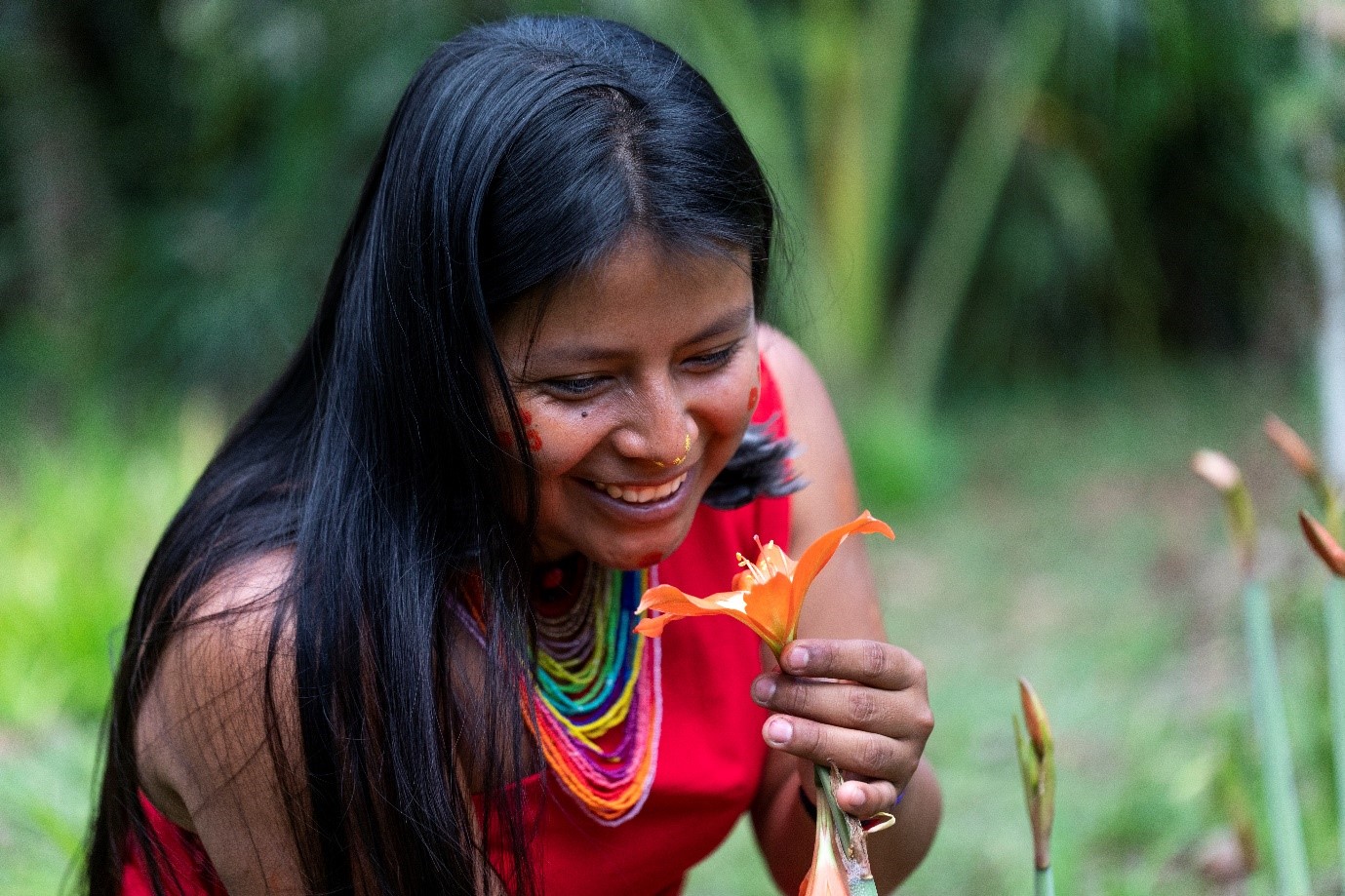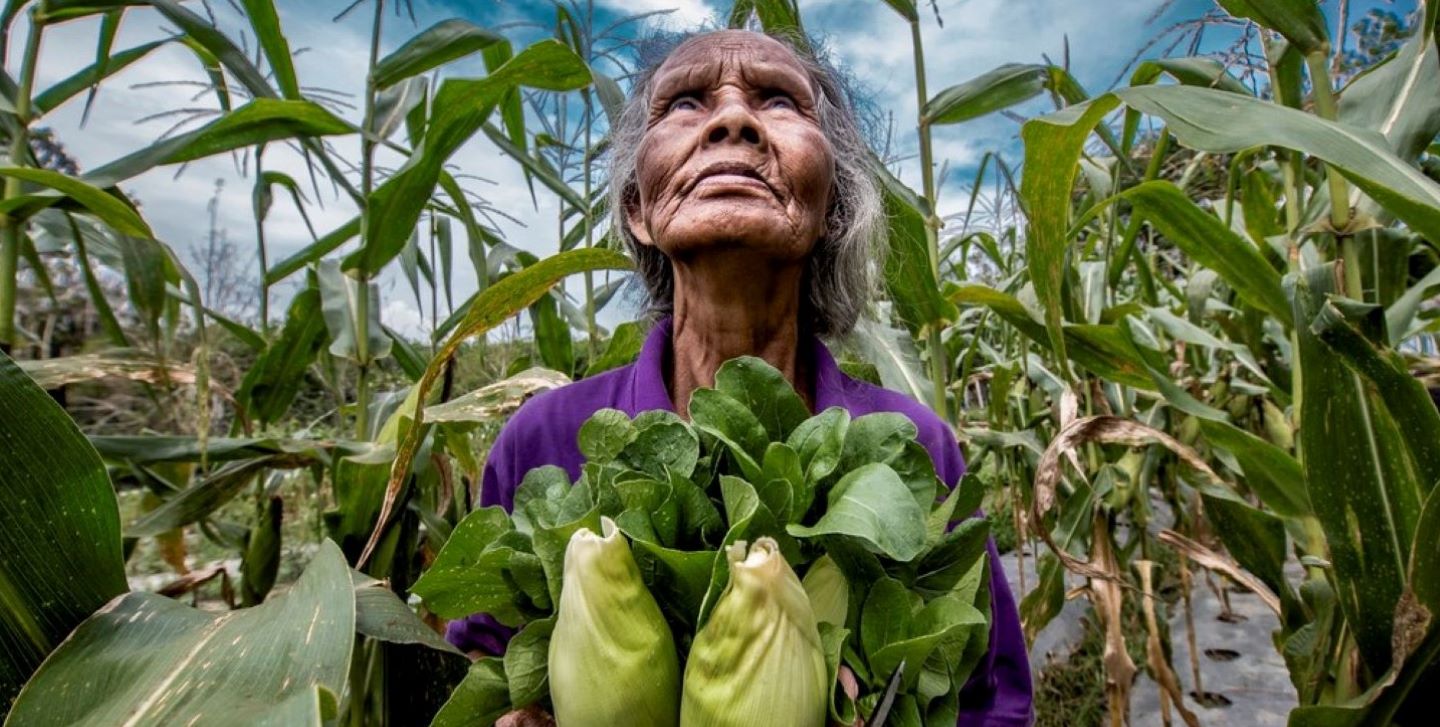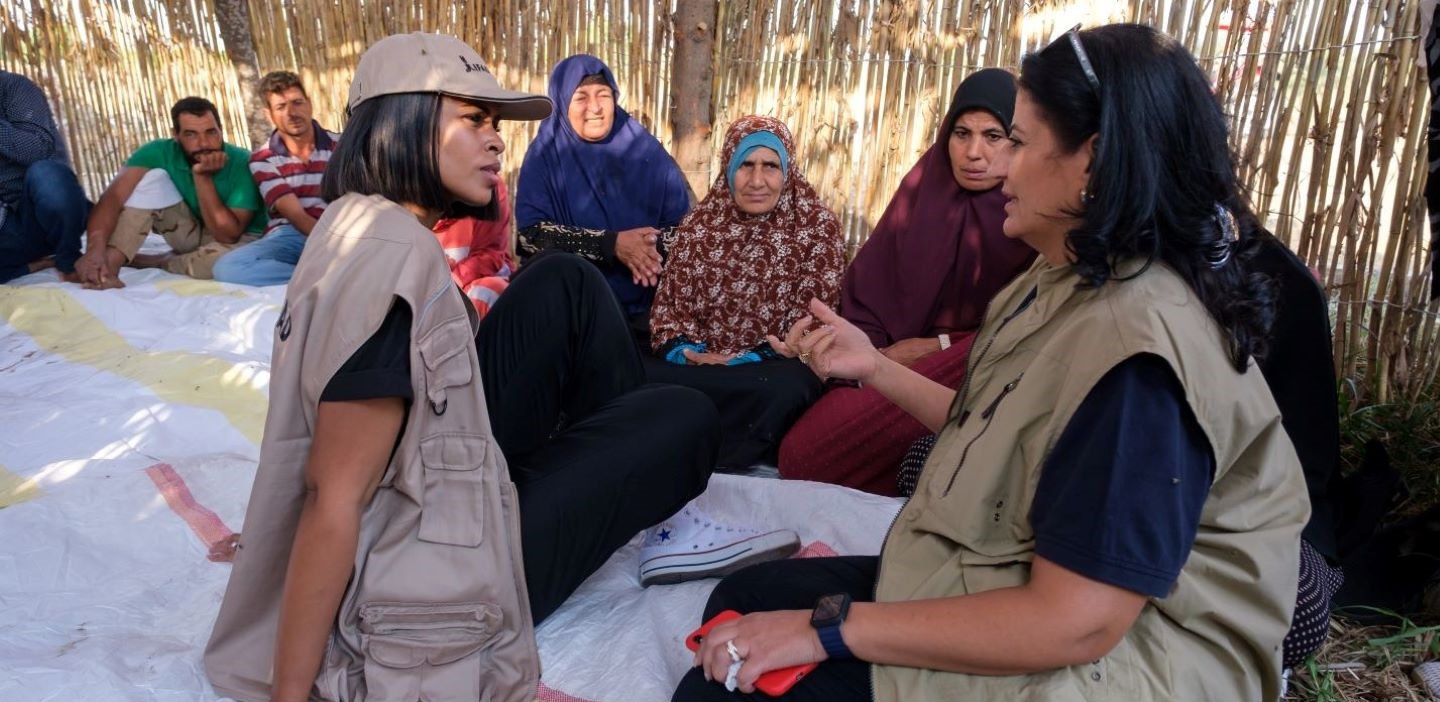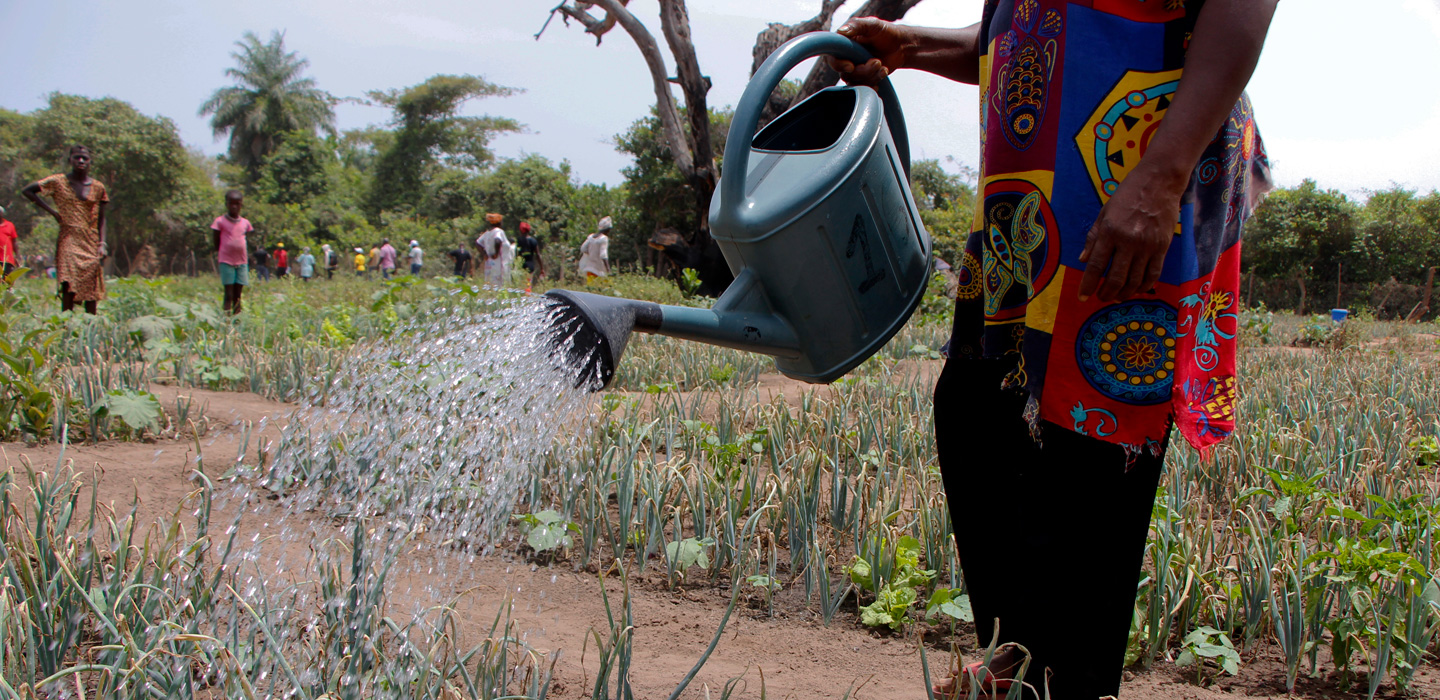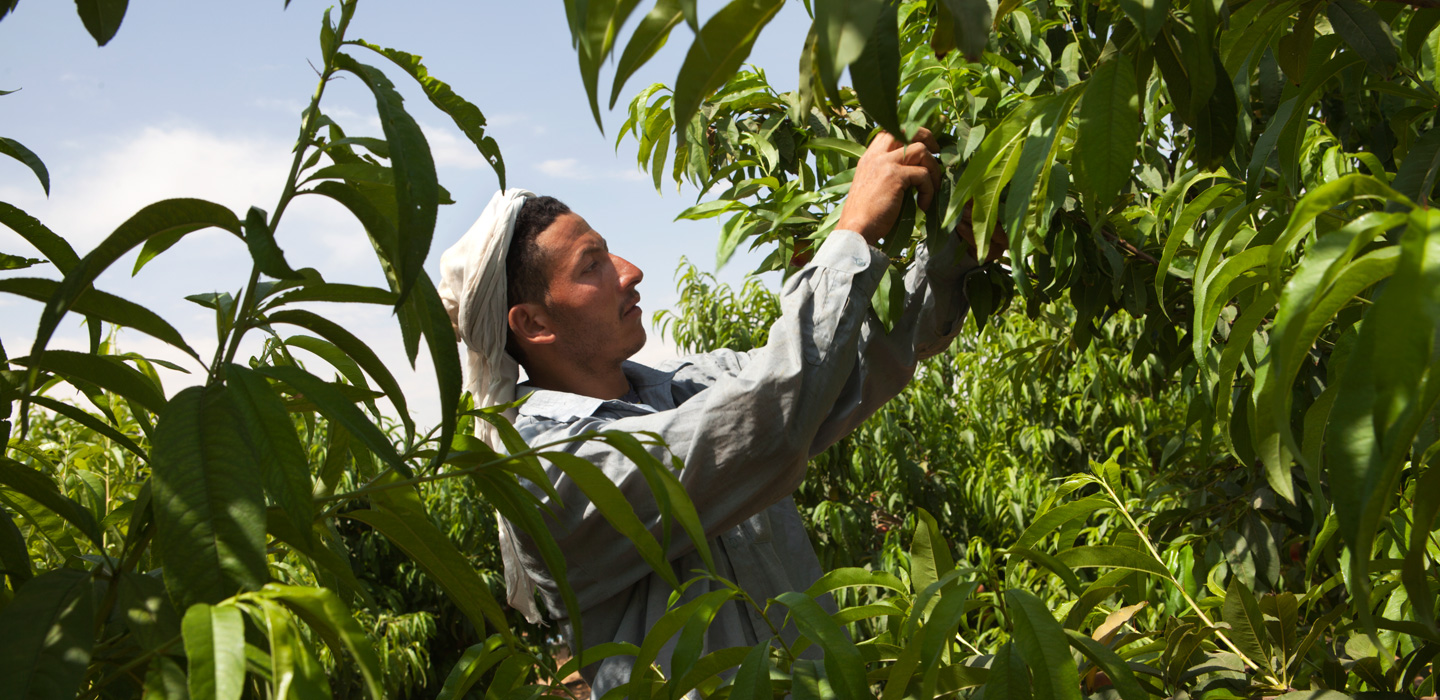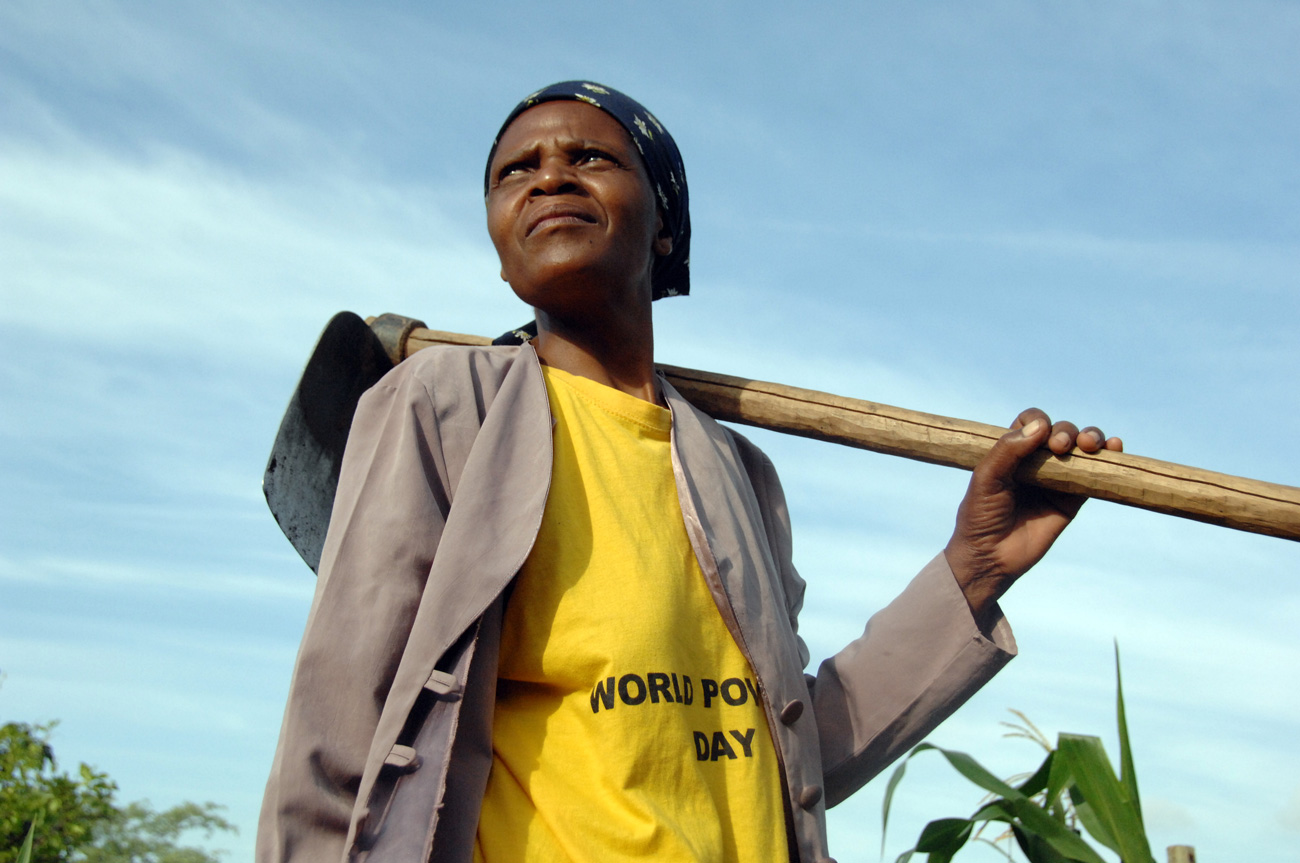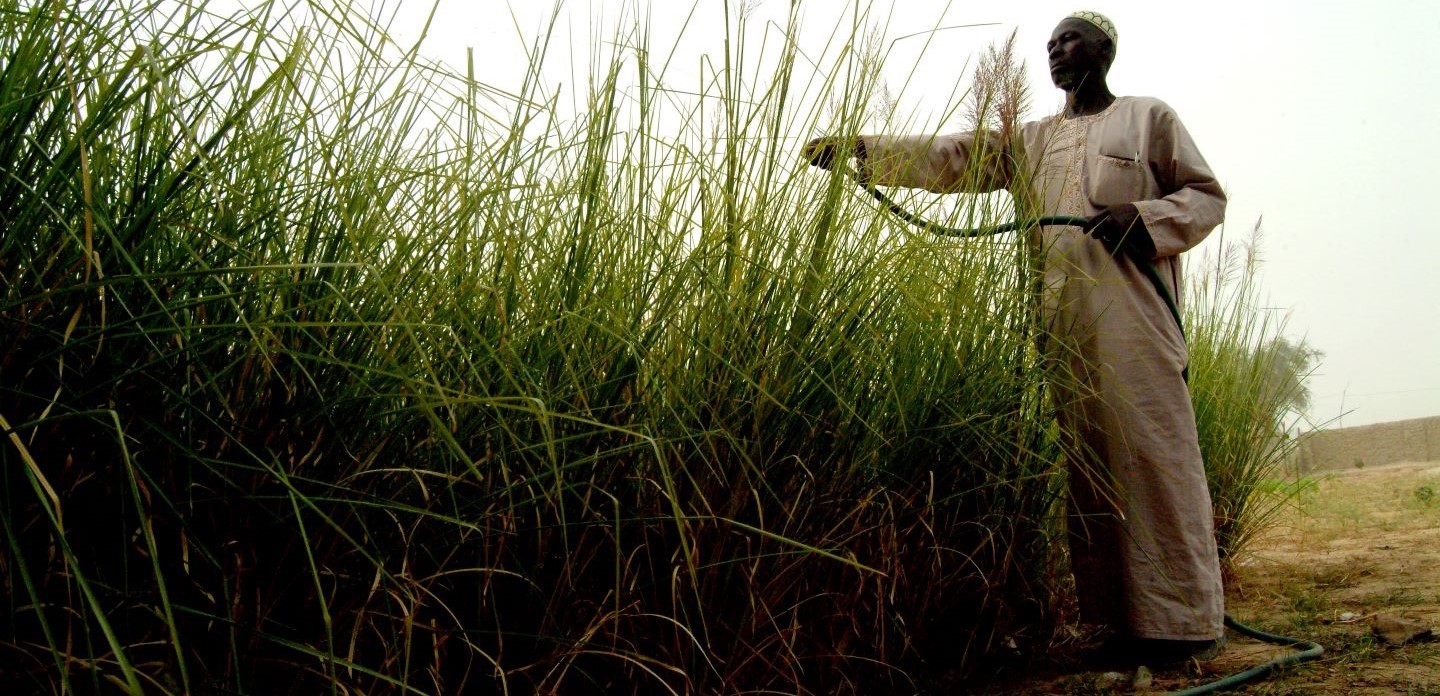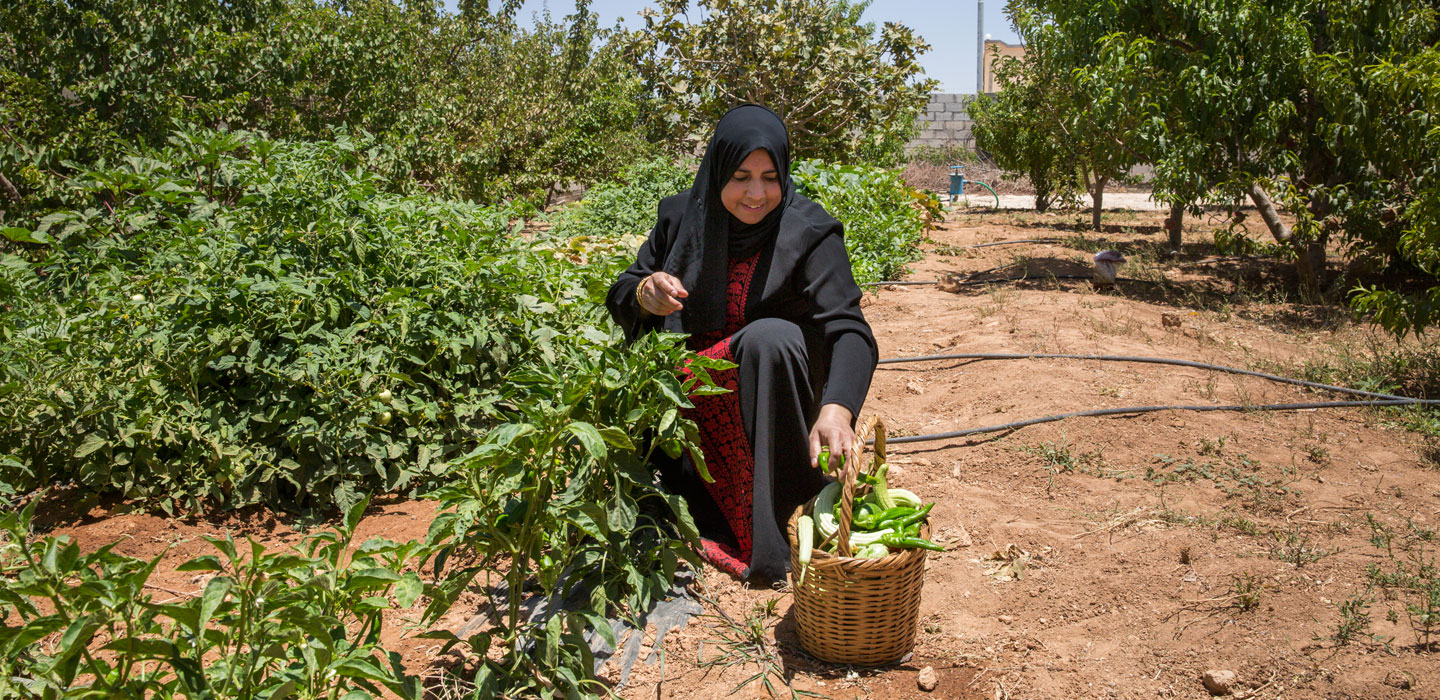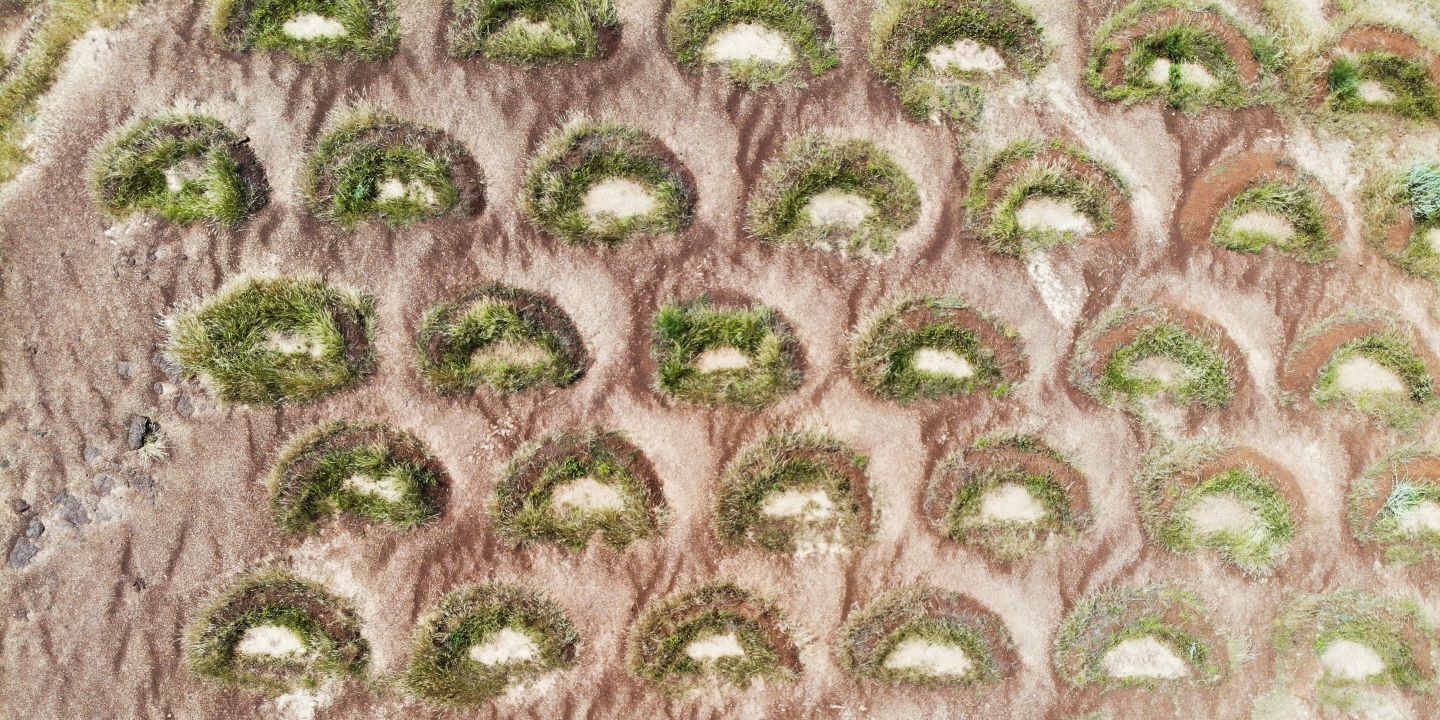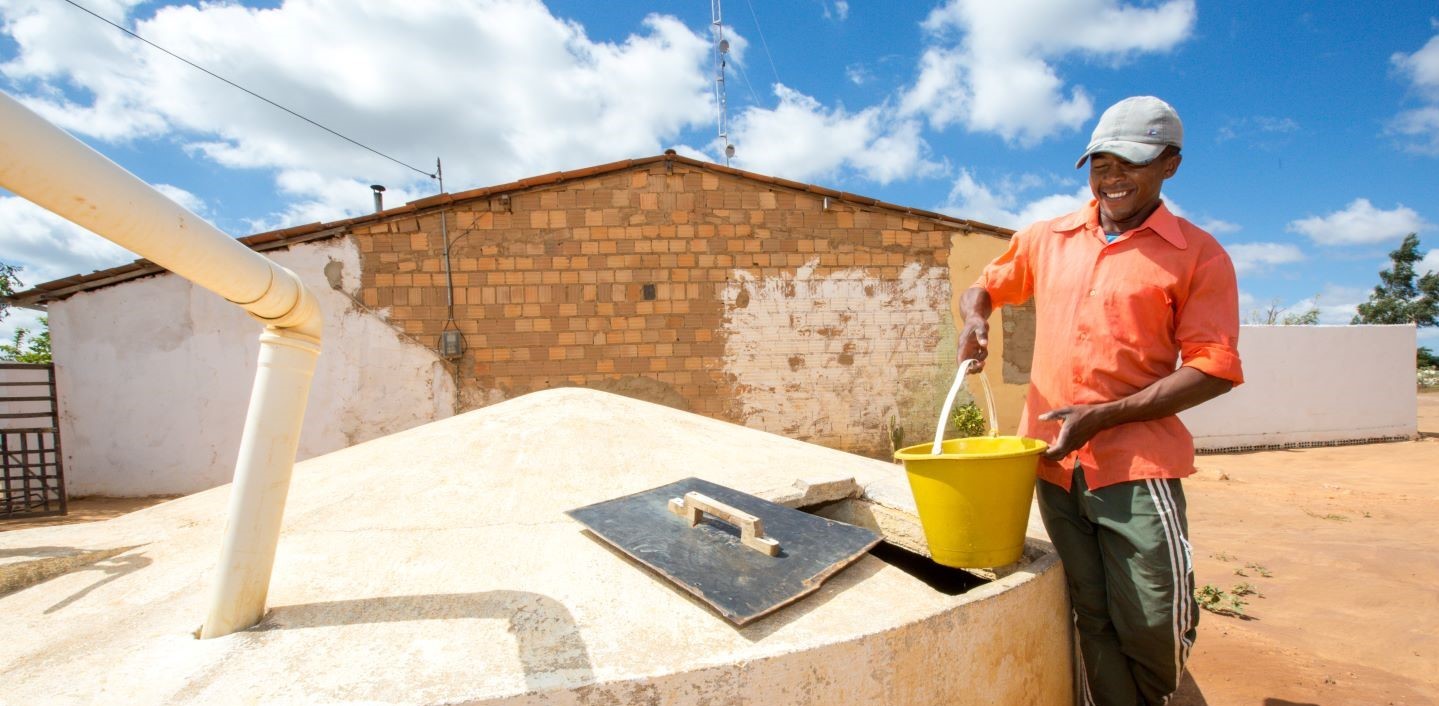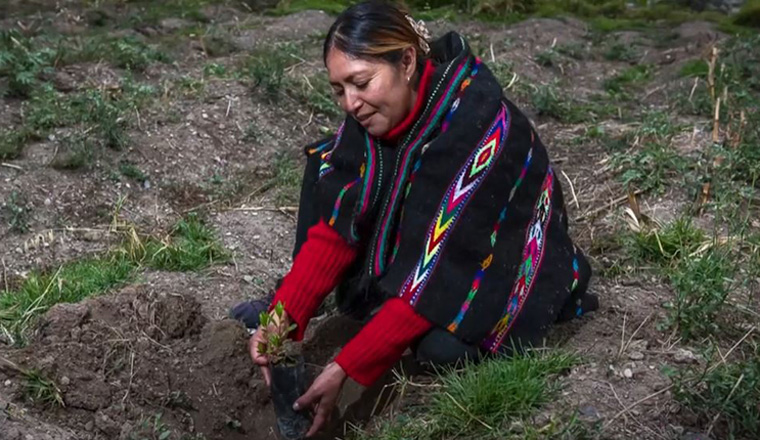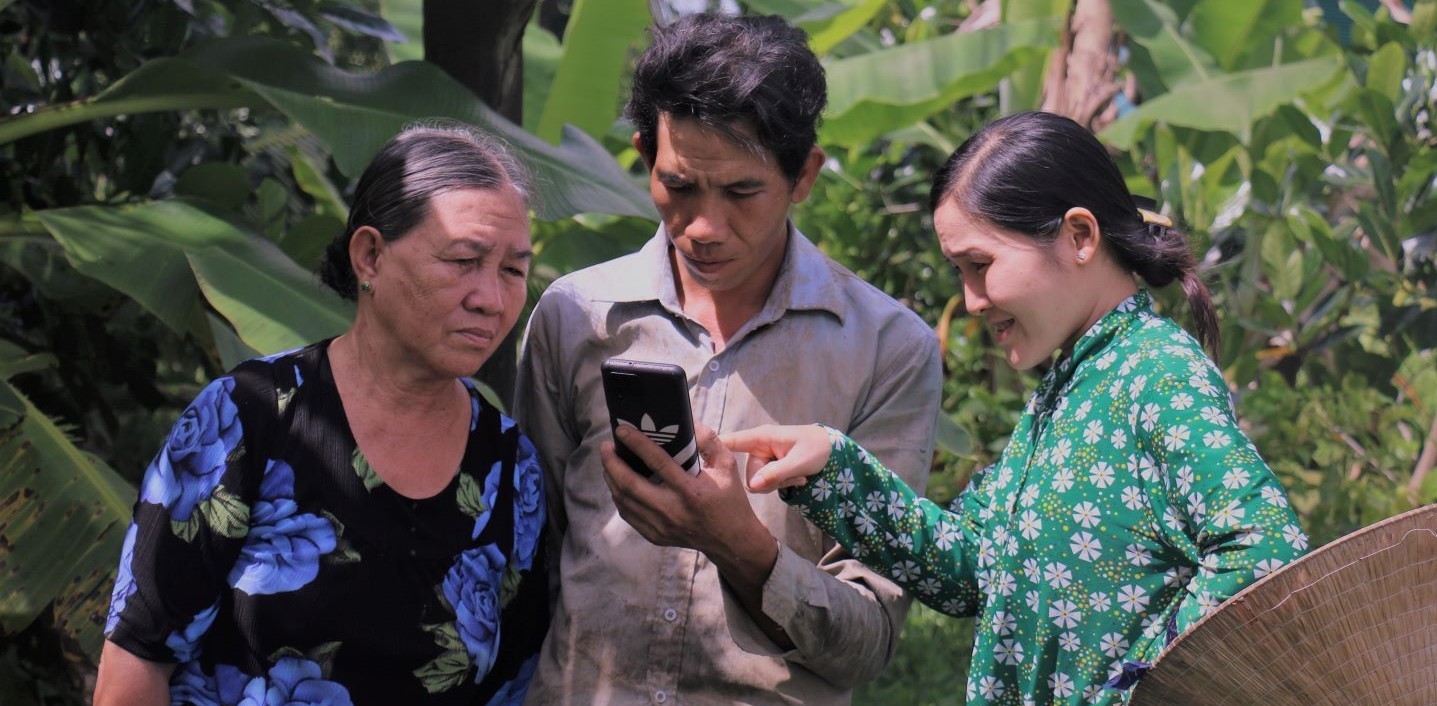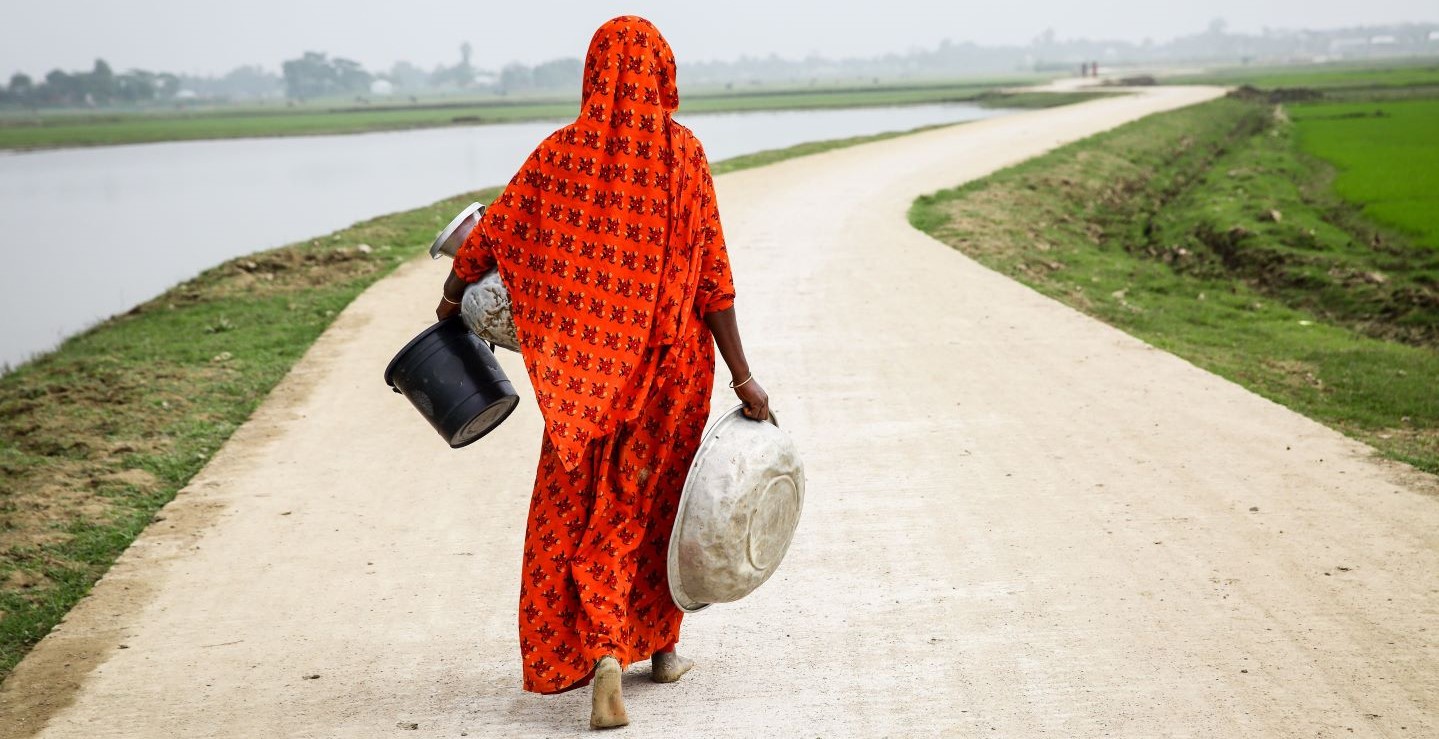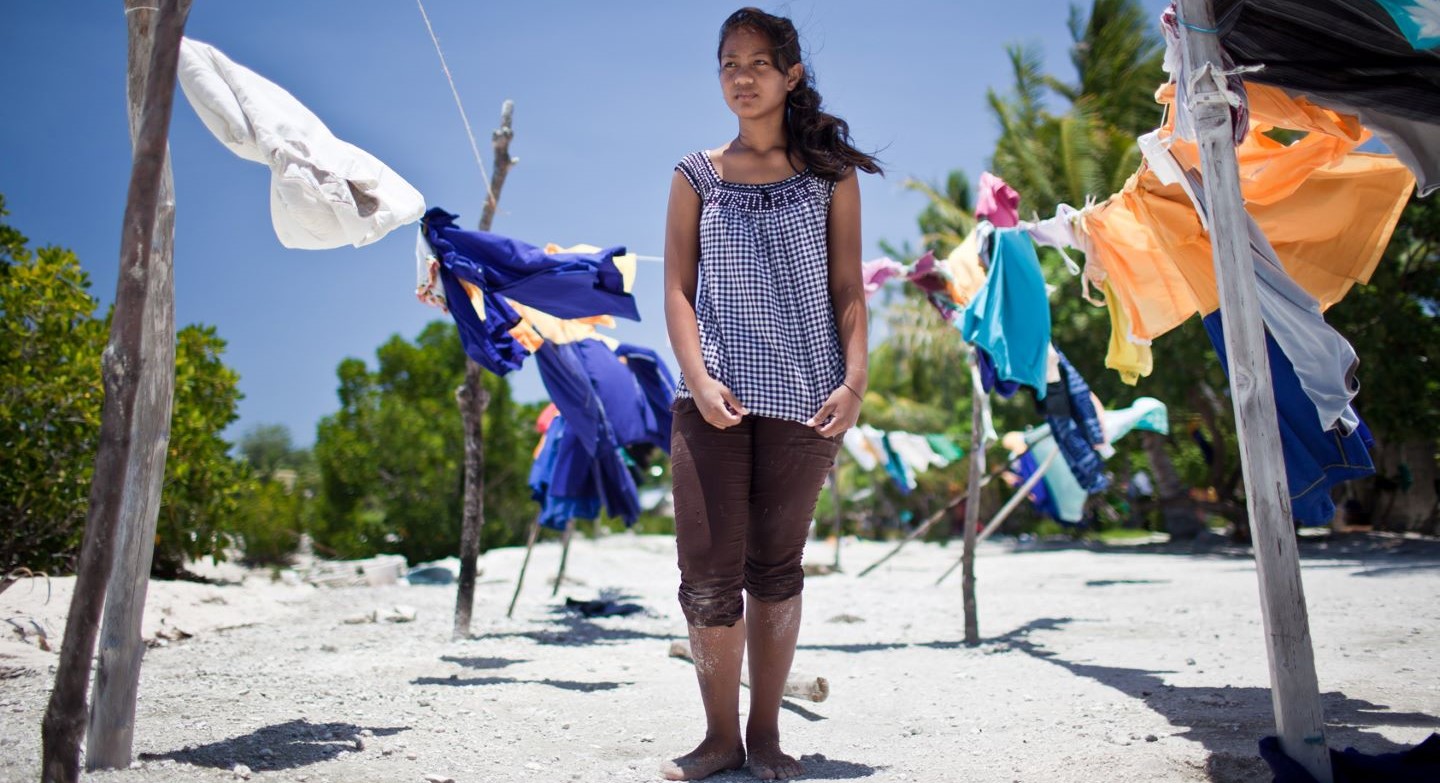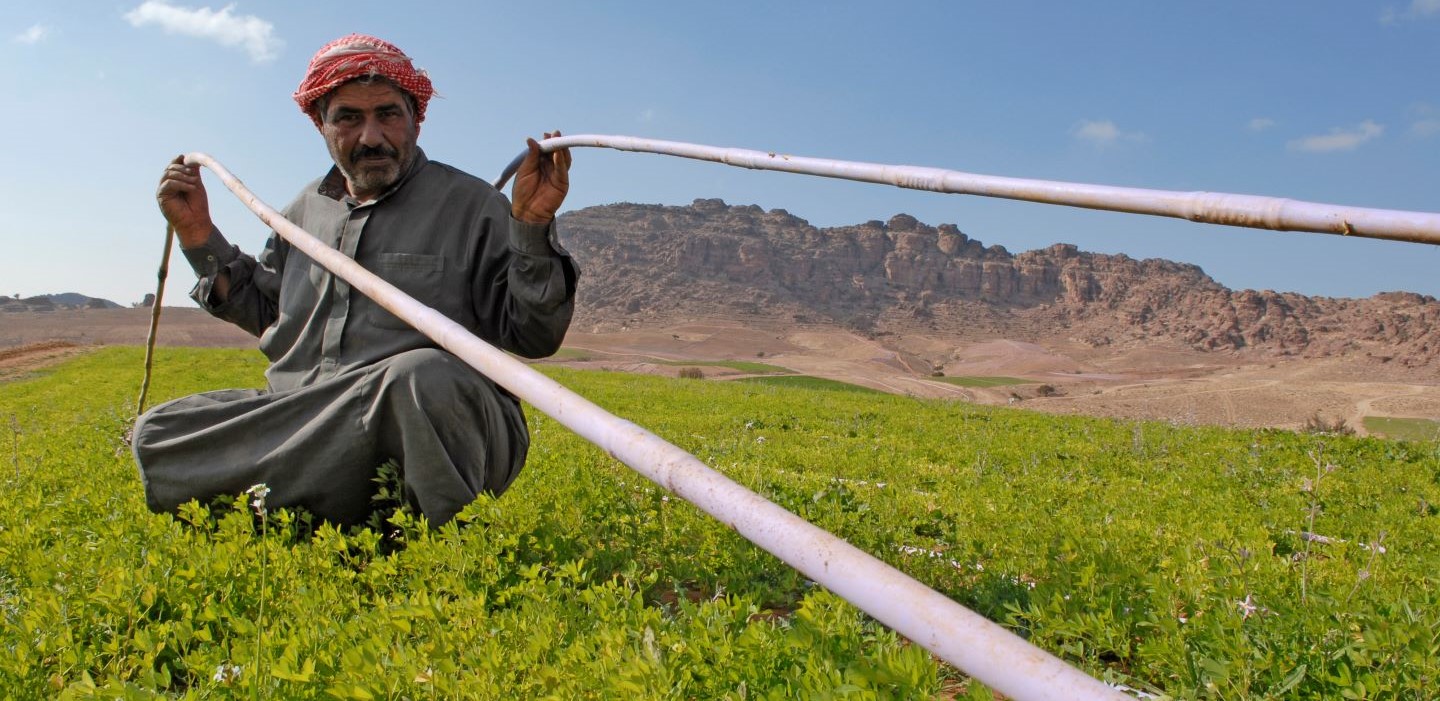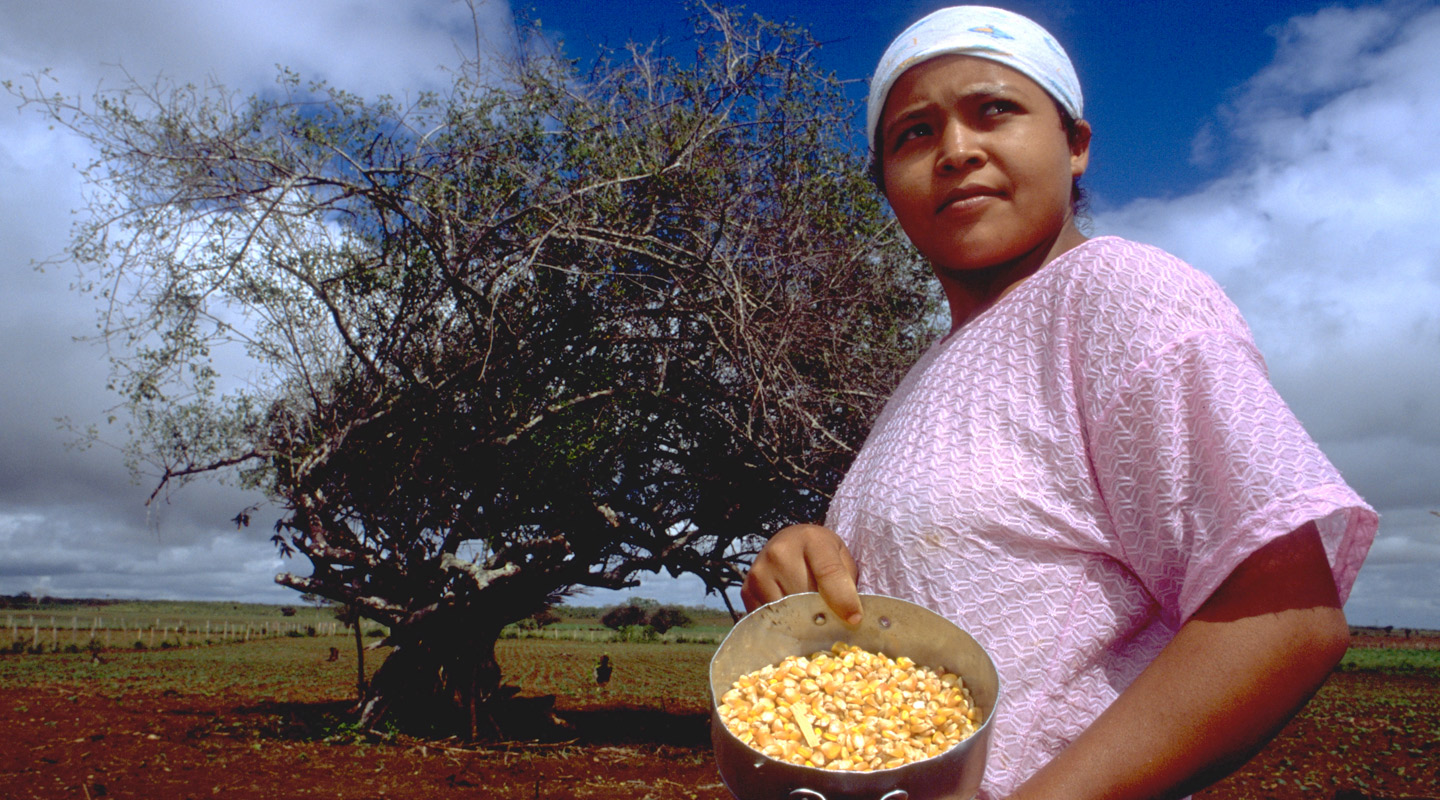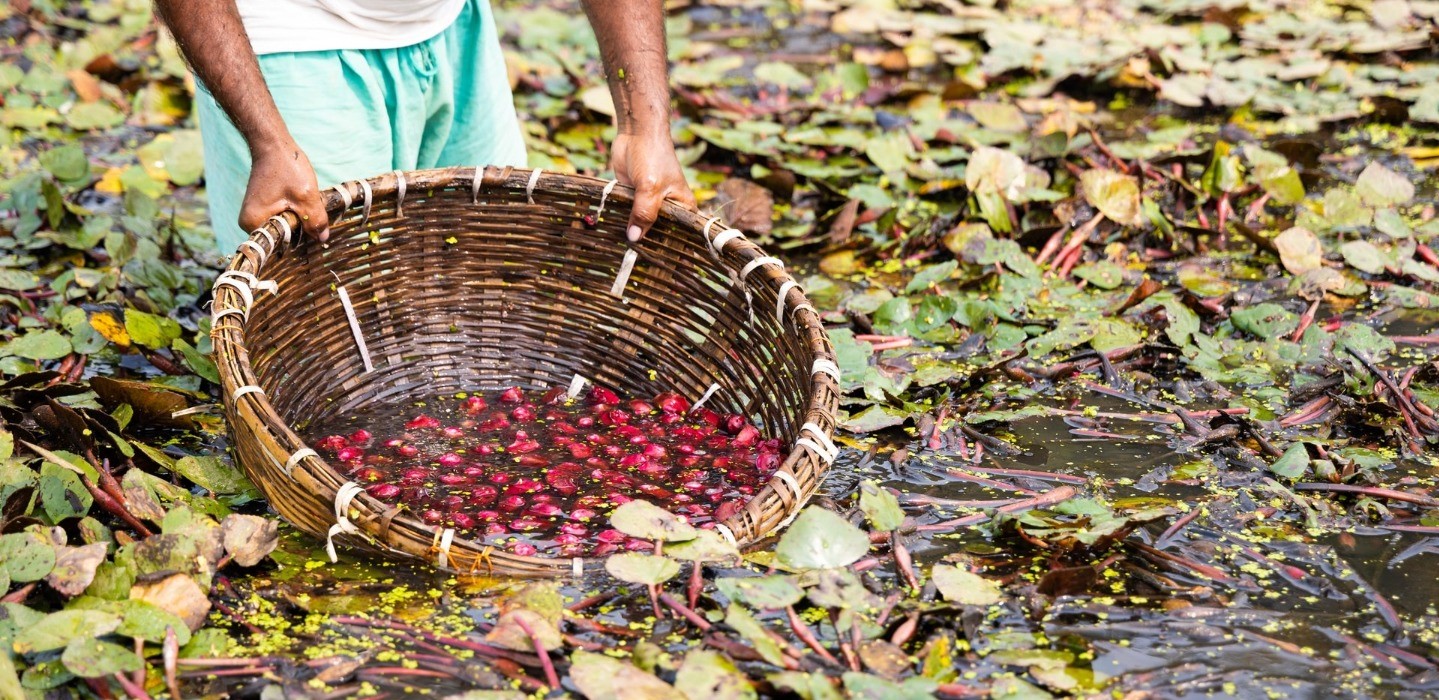Latest
Latest

Latest
Manual Submenu Topics
SearchResultsFilters
Search Results
2022: Resilience in the face of adversity
As we near the end of 2022, IFAD looks back on some of the themes that defined a year of dramatic change.
Rural people in crisis: The latest news from IFAD
Rural people are still paying the highest price for the rise in food, fertilizer and fuel costs. The Crisis Response Initiative was set up as part of IFAD's ongoing efforts to build rural people's resilience to these shocks. Here are selected highlights on the crisis from our teams in the field.
Rising sea levels threaten Egypt's fertile plains in the Nile Delta
The Nile Delta is the breadbasket of Egypt, but climate change threatens agriculture here. IFAD is working to protect the land and improve the quality of previously infertile land. Sabrina Dhowre Elba, IFAD colleagues, and project coordinators and participants describe how this is changing people’s lives.
Small-scale farmers could help fill the global food gap if they irrigate properly – even with growing climate challenges
Small-scale farmers hold the key to feeding the world, its important for them to trust and invest in different types of irrigation systems.
A tale of two towns in Tajikistan
In Tajikistan two neighbouring towns face different fates as one suffers the aftermath of drought and displacement and the other is saved by irrigation.
Water brings life to rural people
Irrigation brings water to the world's poorest rural people in the right quantities and when they need it, helping farmers adapt to climate pattern shifts.
As COP15 tackles desertification, here are three ways IFAD is helping farmers in sub-Saharan Africa build their resilience to climate change
Sub-Saharan Africa’s drylands – that is, the areas where more water is lost through evaporation than gained through rainfall – are facing widespread degradation. There are many factors causing this, but one of the most prominent is the use of agricultural practices that aren’t adapted to the land, such as overgrazing and intensive agriculture.
These numbers show that restoring drylands and preventing desertification is good for the planet – and good for us
From California to the Sahel, from the steppes of Central Asia to the Andes, drylands are some of the most productive ecosystems in the world. But they’re also some of the most fragile.
Building a bay, one oyster at a time: A conversation with Chef Rob Rubba
“At the end of the day, restaurants are a luxury, but having food is a right. Everyone should have access to food.”
Is the grass always greener where it rains?
Groundwater depletion continues to be a challenge for small-scale farmers in the NENA region, despite the existence of water-saving technologies. Now, a new study is shedding light on ways farmers can improve their water efficiency – and where they can turn for help.
Groundwater can help small-scale farmers adapt to climate change, if it’s used sustainably
If groundwater is used carefully, it can be used by small-scale farmers to grow the crops they need to feed their families and build livelihoods in areas that are strongly affected by climate change.
Uncovering the truths about groundwater
Below our feet lies a hidden treasure: groundwater. It sustains ecosystems and provides food, drink and livelihoods for billions. And as climate patterns change with global heating, this reliable water source is becoming ever more important for food security and livelihoods.
Fostering ecosystem services in the Peruvian Andes
The FIDA-MERESE project has helped farmers in the Jequetepeque and Cañete river basins become stewards of the ecosystems on which they depend.
Public-private partnerships accelerate climate change adaptation in Viet Nam
In recent years, saline intrusion – the encroachment of seawater into fresh water sources – has become a serious threat to small-scale farmers in Viet Nam’s Mekong Delta. Thanks to a public-private partnership, a local technology company was able to collaborate with an IFAD-supported project to create a lasting solution.
Protecting homes and livelihoods in Bangladesh’s Haor Basin
On one terrible day four years ago, Anjuli Rani Das’s life was swept away before her eyes. A flash flood engulfed her small duck farm, washing away everything she had worked for in the past years.
What do the IPCC report’s findings mean for rural dwellers? Your questions answered
The IPCC report released in summer 2021 leaves no more room for ambiguity: the climate is changing, and it’s because of human activity. Here, we answer some of your questions about the report, why it’s important, and what its findings mean for some of the world’s most vulnerable populations.
The challenges and opportunities of investing in small-scale irrigation
Many countries in the Arab world rely on irrigation for their agricultural production. However, large-scale irrigation schemes have historically been difficult to manage. Small-scale schemes, when planned well from the outset, can be the solution.
Returning to Brazil’s Gente de Valor project: Lessons on sustainable impact
The Gente de Valor project was designed to assist the sertanejos (those who live in Brazil’s semi-arid region). It featured a community-driven development approach that promoted active participation and local leadership. Five years after the project ended, IFAD returned to evaluate the project’s outcomes and the effects of this approach.
What we’re reading for World Water Week
Here’s a list of our favourite books and other resources about the state of water in our world and the way it intersects with our politics, economics and societies.
Community-driven change brings water security in Tonga
Eua Island is home to many of the Kingdom of Tonga’s natural resources. Recently, climate change and natural disasters have caused significant water supply challenges, but an IFAD-supported project – made possible by the islanders’ incredible community spirit – is working to change that.
